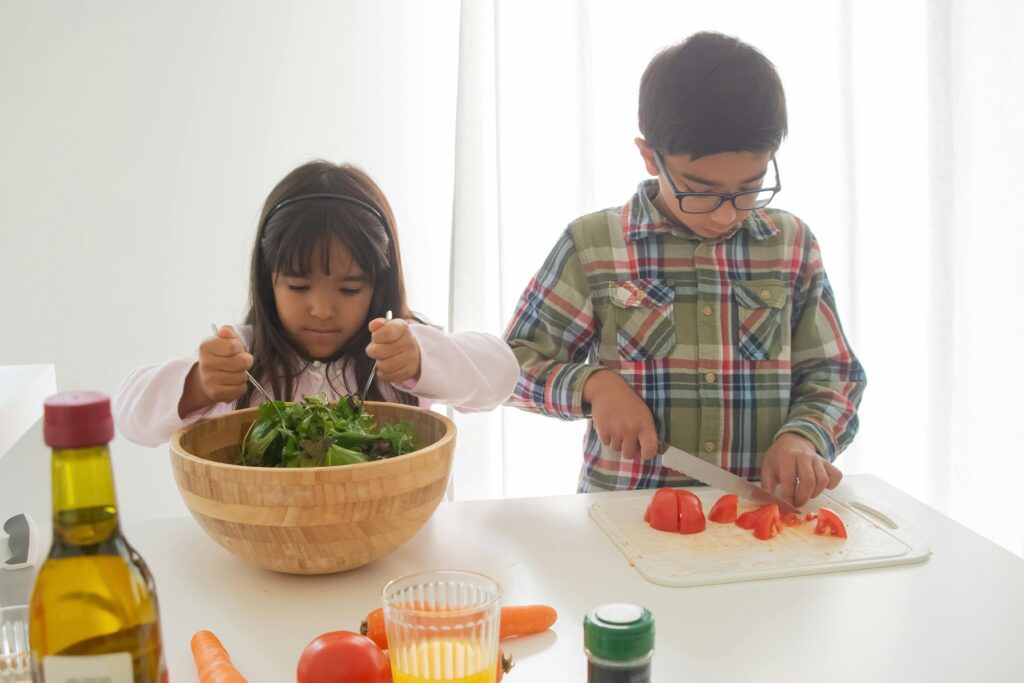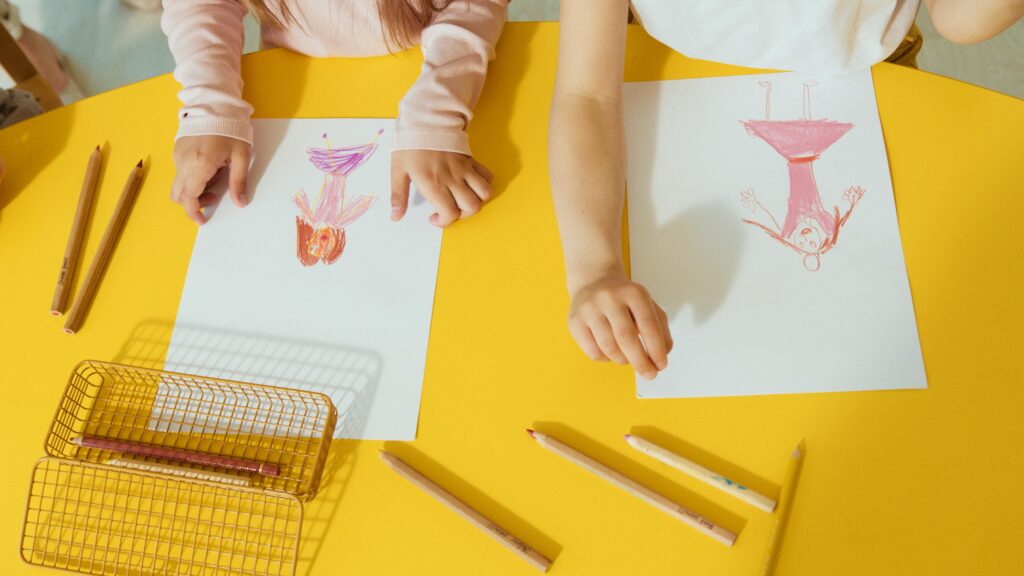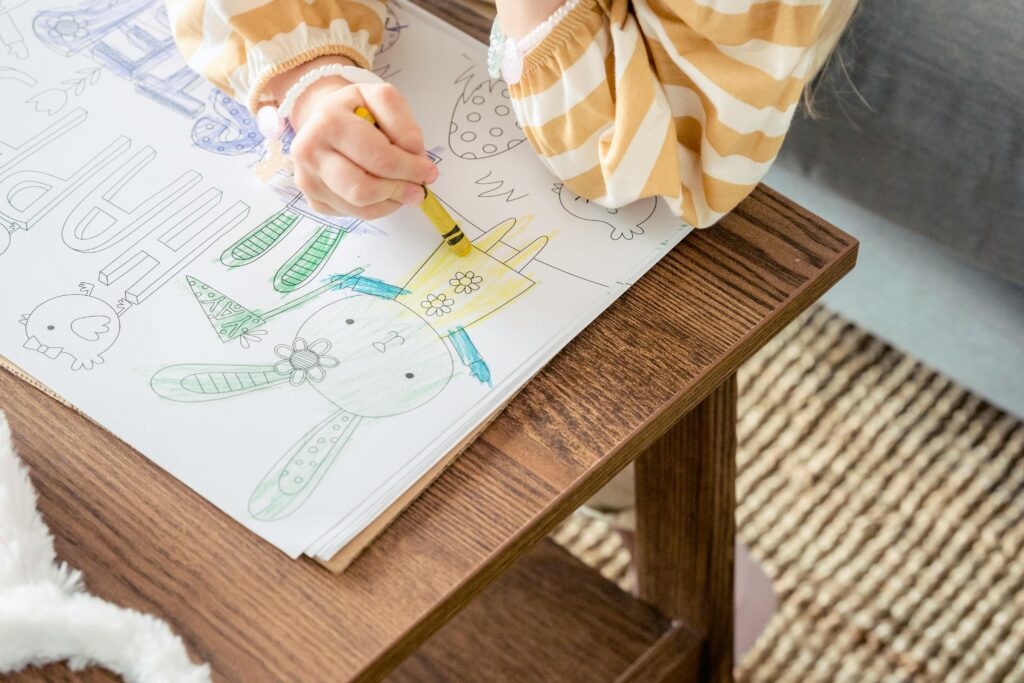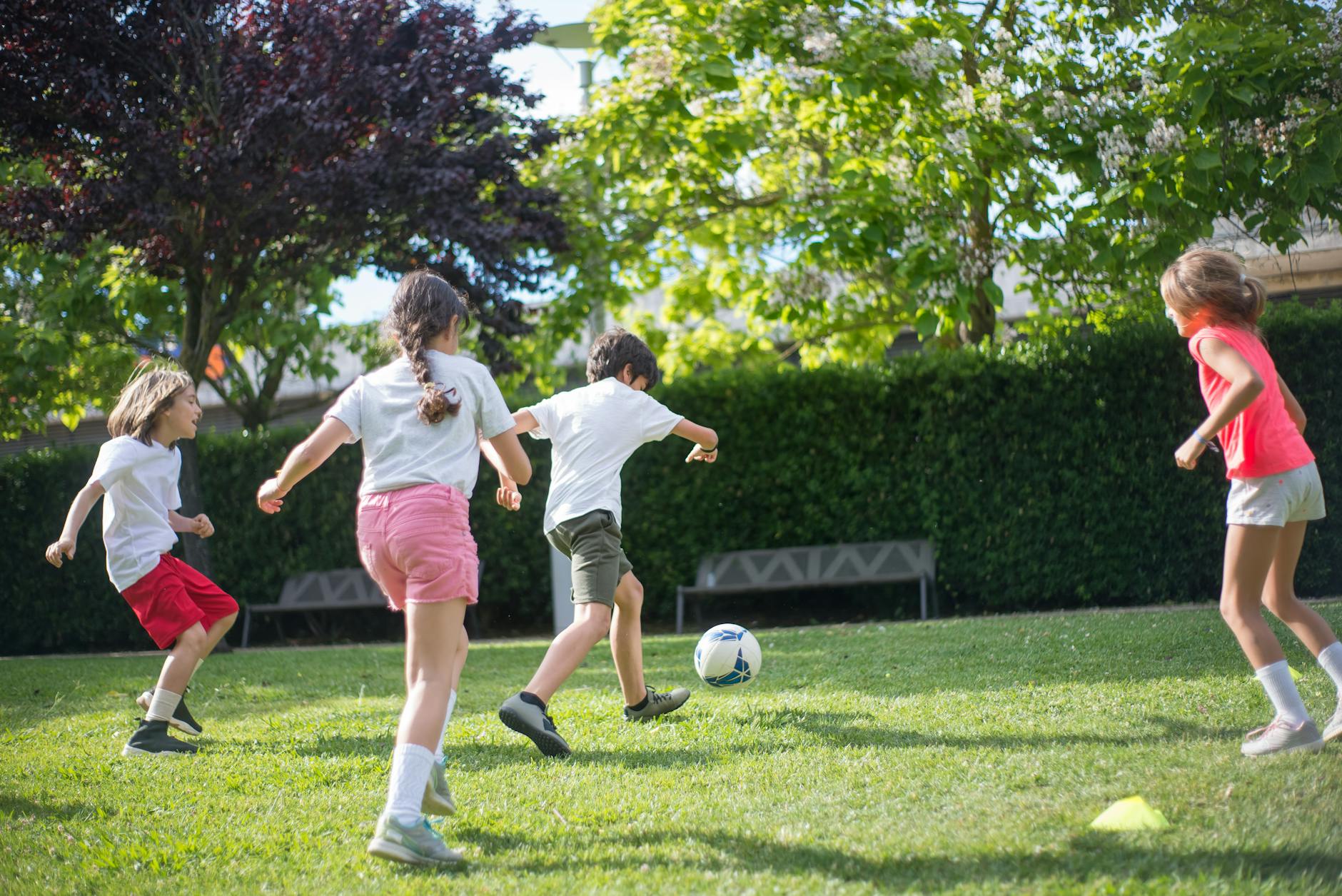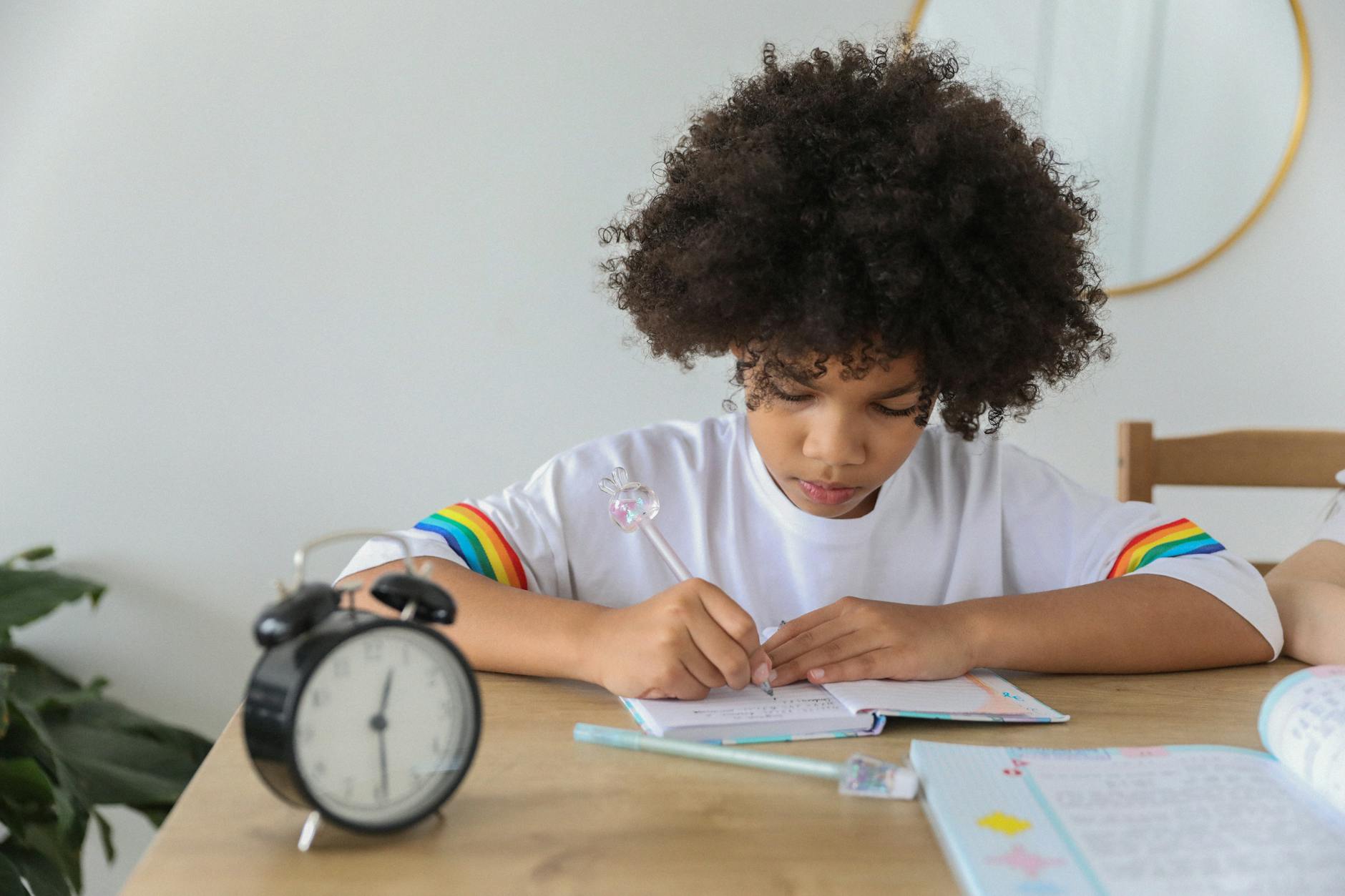A current buzzword in wellness is mindfulness. What is it, and how is it useful to students? Mindfulness means paying attention to the present moment. It’s about noticing what you are thinking, feeling, or experiencing right now. For children, it feels like pressing pause, taking a deep breath, and focusing on one thing at a time.
Mindfulness is useful in a child’s busy academic and social life. School, activities, friends, and technology keep kids rushing from one thing to the next. Mindfulness helps them slow down, feel calmer, and better understand their emotions. It is a life skill they can carry into school, friendships, and family life.
Some of the main benefits of mindfulness include:
Improved focus and learning. Mindfulness trains children’s attention, helping them concentrate on lessons, listen carefully, and remember what they learn.
Reduced stress and more calm. It gives them simple tools like breathing and pausing, which lower worries and ease pressure.
Better emotional regulation. It encourages kids to notice feelings without judgment and respond thoughtfully instead of reacting impulsively.
Greater resilience and well-being. It builds coping skills and supports healthy habits like rest, reflection, and thoughtful choices.
Stronger kindness and connection. It fosters empathy and compassion, helping children strengthen friendships and family relationships.
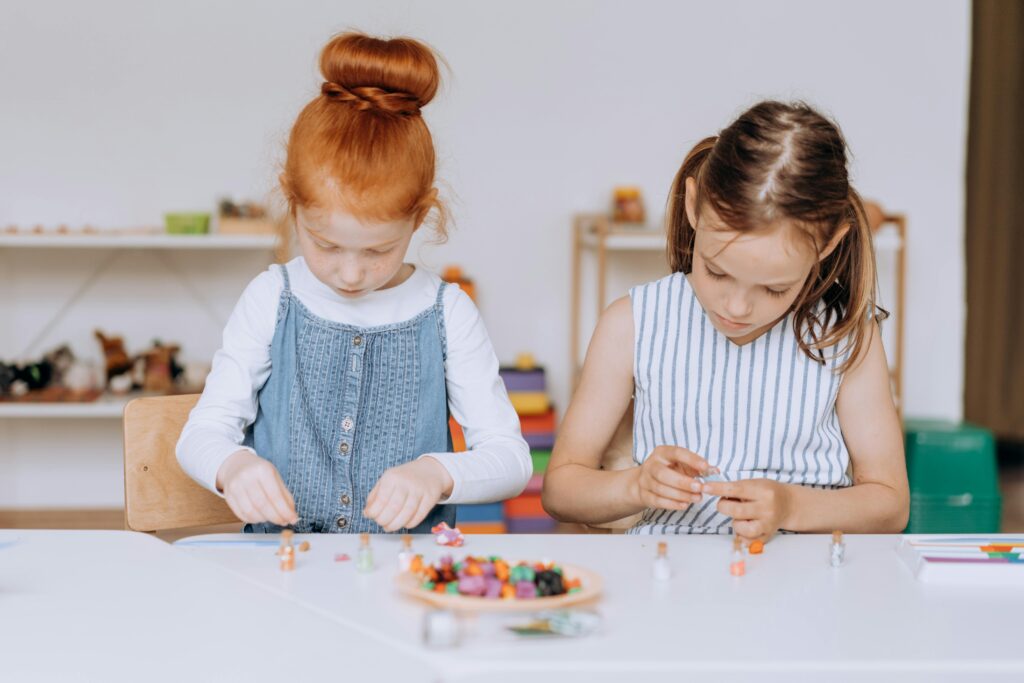
Parents do not need to be experts to guide children to do mindfulness practice. They only need to slow down, be present, and share the experience. Here are some simple, hands-on mindfulness activities you can try with your children over the coming school holidays:
Bead Stringing. Children can slowly thread beads, noticing the colours, textures, and how each bead slides into place.
Popsicle Stick Patterns. Kids can arrange sticks into lines, shapes, or patterns while focusing on movement and design.
Mindful Colouring. Encourage children to colour slowly, notice each shade, and focus on the motion of their hands.
Nature Walk “Treasure Hunt.” Ask them to find three things they can see, two they can hear, and one they can touch.
Mindful Breathing. Children can inhale as if smelling a flower and exhale as if blowing out a candle.
Mindfulness is a gift we can give children. It helps them handle challenges, enjoy the present, and connect with others more deeply. By practicing simple activities, parents and children can learn mindfulness together. Small, consistent steps create calm, kindness, and resilience that will last a lifetime.






